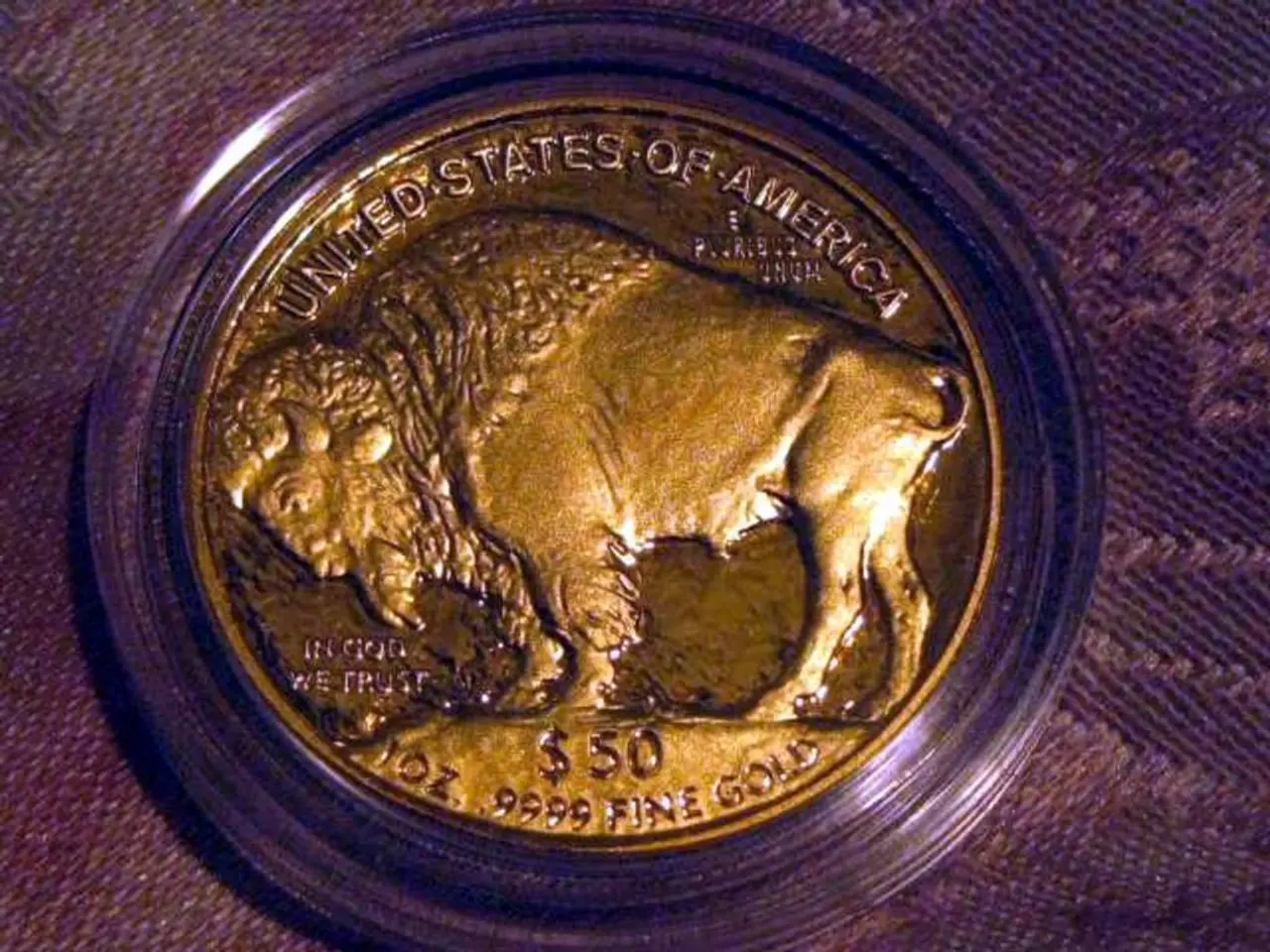US Government Debt Dispute Between Musk and Trump - Could Bitcoin Benefit?
The United States is grappling with a multifaceted web of political, financial, and technological challenges. Here's a breakdown of some of the key issues currently shaping the nation's landscape.
The US government spends over $1 trillion annually just to pay the interest on its debt, consuming 25% of the total state revenues. This staggering figure has sparked discussions about potential long-term solutions, one of which could be Bitcoin, if it establishes itself as global money.
The "Big Beautiful Bill," proposed by President Donald Trump, has been a point of contention. The bill, which includes tax cuts and billions in spending, has been met with resistance, making it a tough fight in Congress. If the bill is blocked, Trump's 2017 tax cuts will expire at the end of this year, leading to a significant increase in the tax burden.
The dispute between Trump and entrepreneur Elon Musk, centered around the "Big Beautiful Bill," has escalated. Musk, who supports Bitcoin, claimed that the Epstein files were not released due to Trump's involvement. In response, Trump publicly threatened to cancel government contracts with Musk's companies, Tesla and SpaceX, which hold Bitcoin on their balance sheets.
The "Big Beautiful Bill," according to the forecast of the Congressional Budget Office (CBO), would drive the state deficit to 3.8 trillion US dollars in the coming decade. This has raised concerns about the US central bank's potential support for the state budget with freshly printed money, which could result in a further devaluation of the US dollar or high inflation rates.
On a more positive note, Bitcoin has since recovered and stabilized above the $100,000 mark. Bitcoin's lack of counterparty risk and limited total supply make it an attractive alternative to US government bonds in times of instability. Bitcoin could also make debt orgies impossible and ultimately discipline public finances, counterbalancing the growing debt in the long run by reducing interest costs and increasing the Bitcoin reserve.
Larry Fink, CEO of BlackRock, has noted that Bitcoin could displace the US dollar due to the US's debt problem or the US could lose its position as the world's reserve currency. Bitcoin can serve as a protection against the impending currency devaluation, and in the long term, could be a medium and long-term solution to the US debt problem.
The future of the "Big Beautiful Bill" is uncertain. It needs to be voted on in the Senate and then again in the House of Representatives for Trump to sign it. Meanwhile, the feud between Trump and Musk increases the likelihood that the US President will be removed from office, potentially leading to a reversal of the pro-crypto policy, including the Bitcoin reserve.
In related news, Moody's downgraded the creditworthiness of the USA on May 16 of this year. The debt ceiling, if not raised or suspended, could lead to payment difficulties as early as August of this year. As the situation unfolds, it's clear that the US is at a crossroads, with significant decisions looming on the horizon.
One final note: According to his son, Donald Trump owns "a lot" of Bitcoin. Whether this is true or not, remains to be seen. However, it's clear that Bitcoin's role in the US financial landscape is set to be a major talking point in the coming months.
Read also:
- Strategizing the Integration of Digital Menus as a Core Element in Business Operations
- Financial Actions of BlockDAG Following Inter and Borussia Agreements: Anticipating Future Steps
- International powers, including France, Germany, and the UK, advocate for the reinstatement of sanctions against Iran.
- Companies urged to combat employee resignation crisis, as per findings from the Addeco Group




